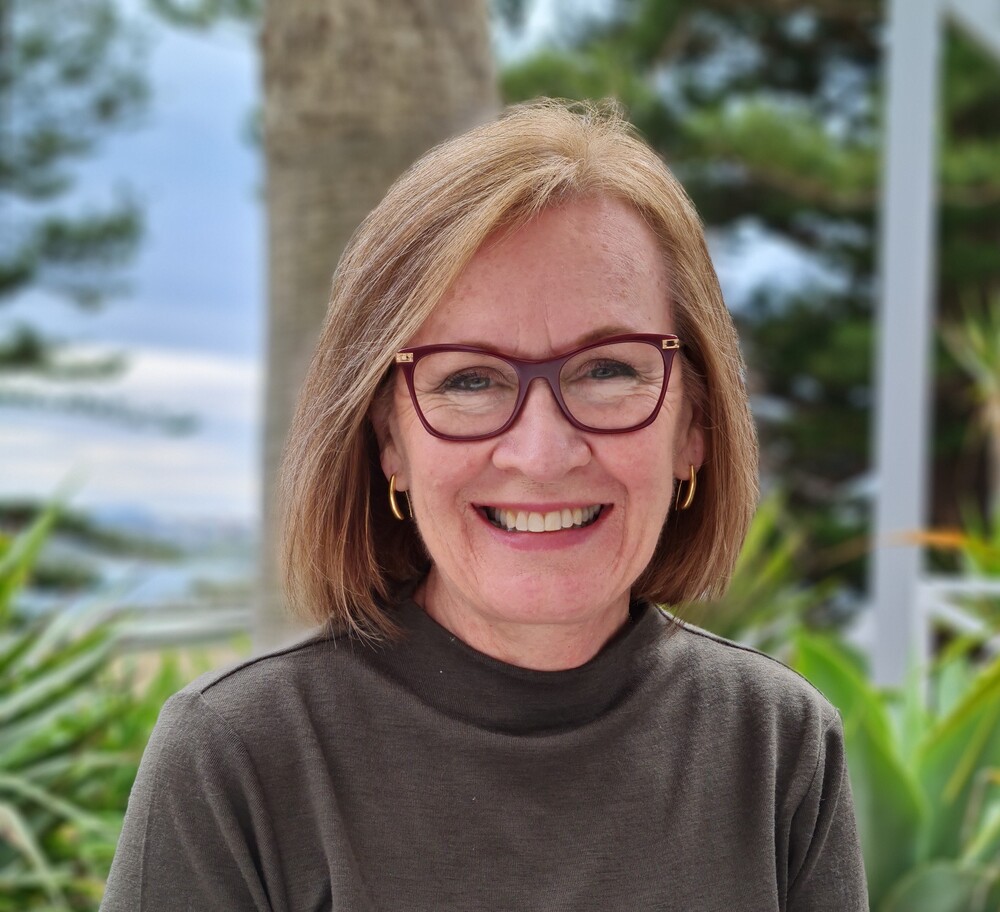Voluntary assisted dying just became available in NSW, so what does an end of life doula do?
Laura Williams
30 November 2023, 8:40 PM
 On October 28, voluntary assisted dying officially became available in NSW.
On October 28, voluntary assisted dying officially became available in NSW. This week, voluntary assisted dying (VAD) became legal in New South Wales, giving eligible terminally ill people the choice to legally end their life.
End of life doulas like Carolyn Vaughn are helping families come to terms with that decision, and making it easier for the people choosing that pathway.
“I’m not a death doula, I’m an end of life doula…I don’t only turn up at the point of death,” Carolyn Vaughan said.
A doula (pronouned doo-la) is an experienced companion who provides continuous, non-medical support and care.
Australians may be more familiar with 'birth doulas' who provide emotional and physical support to women through pregnancy, birth and the post natal period. But a doula can assist in more of life's major transitions - including death.
The role of an 'end of life doula' is a varied one, and begins well before someone's final day.
Some days, it looks like assisting clients navigate the legal and medical systems that are intertwined with death. It may be helping someone working on their bucket list, or helping to end rifts in relationships.
On other days, they sit with families, making sure their final moments with a loved one are peaceful, and sometimes profound.
“It’s an incredible opportunity to engage with our loved ones in that way. Our grieving is softened.”

Carolyn Vaughan has been an end of life doula for seven years, after feeling she missed a key experience in the passing of one of her own parents. (Supplied)
Sometimes, it looks like helping families keep their loved ones by their side even after they’ve passed, for a short while.
“In NSW, it is legal to keep someone who has died at home with you for up to five days…there are ways of ensuring that that body is well cared for in line with health requirements,” Ms Vaughan said.
“A family can spend time with their person…just sitting in vigil being with them and not having them whisked away by another party to somewhere that we don’t know.”
“A long time ago…we gave away the role of caring to other people, to professionals, for a variety of reasons…we’ve lost our confidence to engage in that process once more ourselves.”
“We (used to) lay out our dead in our homes, our parlours. People and community would come, would bring food, and sit with us…we can do that again.”
When it comes to voluntary assisted dying, Ms Vaughan expects that the doula role will be important to help families understand the decision being made, and to support people with terminal illnesses to share their decision with their family and friends.
“Stories that were shared at a VAD conference in Sydney many weeks ago we all incredibly positive. Family members had said how relieved they were to see that their family member had made their own choice, even though it perhaps wasn’t in line with their own personal values.”
In anticipation of VAD becoming legal this week, Ms Vaughan said that end of life doulas have already started getting calls to be of support.
“End of life is just as important. We need to give it the time, the focus, the understanding and the love, and value it just as much as the rest of our lives.”



